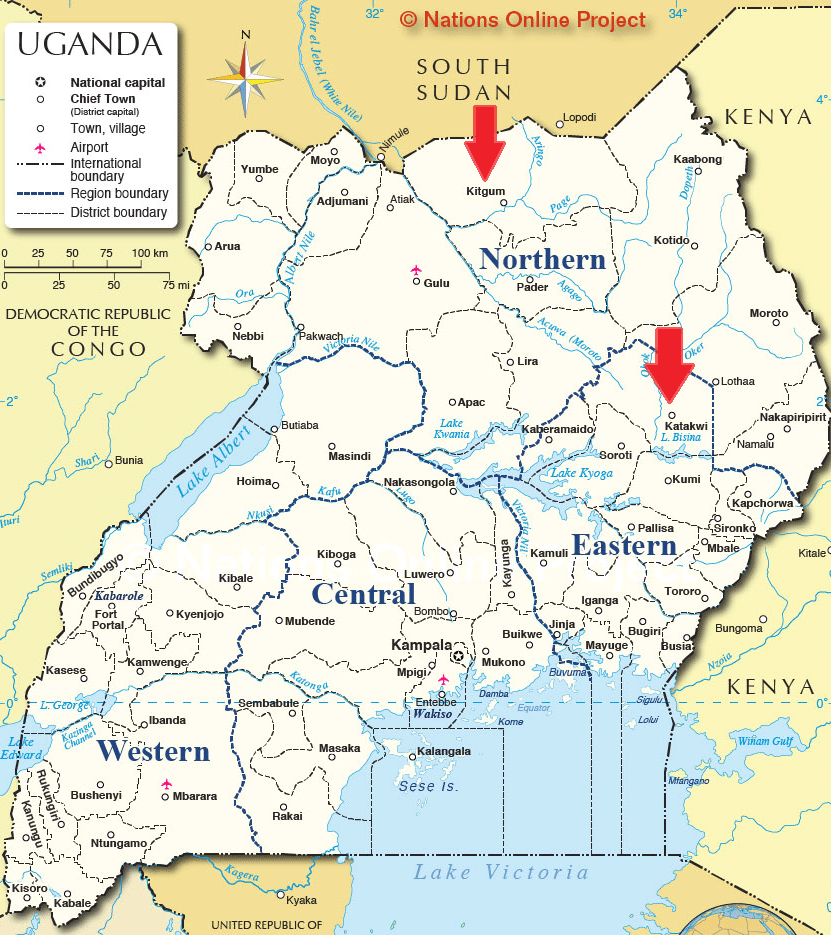Today we have repurposed an old Markets For Good article, laying the foundation for a follow up article on the progress of the work laid out below
For 20 years, Northern Uganda has suffered from a violent conflict which only ended in 2005, leaving a vulnerable and fragile state. Since then, Uganda has seen a proliferation of resource flows into the northern districts from donors, government, and NGOs. Alongside the increase in resources and providers, however, the data have become increasingly fragmented; both data on the resources flowing in, and data on the social impacts of these flows.
This fragmentation has led to two major challenges for Ugandan policymakers and community leaders:
- Reporting on resources is neither complete nor standardised. Communities can’t get a comprehensive and holistic understanding of what resources are available; often they do not know what funding they are entitled to, meaning they miss out on vital support (our work with community resource tracker volunteers has demonstrated this clearly)
- Decision-makers at sub-national level regularly make decisions about spending on important issues like education and health, based on inadequate data and information
These problems are all aggravated by the existence of overlapping sources of data at multiple levels (through different national and international reporting systems). If the data within Northern Uganda were ‘joined-up’, through standardised reporting, and more easily brought together with other relevant information, this would enable better decision-making and resource allocation.
I lead the Development Initiatives (www.devinit.org) team in East Africa. We and our partners at Development Research and Training (www.drt-ug.org) are taking on a ‘grand challenge’ on interoperable data in Northern Uganda. Our project aims to take important data on resources and social impacts, and make it useful and meaningful to decision-makers at the district and sub-district level, by doing the groundwork to understand how the initial ‘blocks’ of interoperability can be built, and lay some useful foundations for further progress. This builds on our existing work with partners in Uganda, which aims to make data easier for all stakeholders to access, use and understand: through the Uganda Open Development Partnership and our capacity-building partnership project with the Uganda Bureau of Statistics.
Focusing on the education and health sectors in the Kitgum and Katakwi districts of North and Northeast Uganda, our objective is to come up with recommendations on how existing data can be standardised, and to build an open-source tool to combine and display the data we collect. These two outputs should act as a basis for further work. Kitgum and Katakwi were selected because of the range of education and health sector activities funded by different actors in these districts; as well as the range of stakeholders that are currently involved in decision-making in the key sectors.
Arrows point to the Kitgum and Katakwi districts
This is an ambitious project, which requires our teams to build a deep understanding of the data that exists in the two districts, its quality, and its potential for interoperability. The first step (just launched) is the scoping phase, to ask key stakeholders in each district important questions:
- Where do funds come from for the health and education sectors in these districts?
- What specific decisions are being made, by who, and what data do they use to do this?
- What data is and isn’t available to these decision makers?
- Who provides existing data, and in which format?
- Is there a feedback loop between the data users and providers?
We hope this project and our recommendations can help other countries facing similar challenges with fragmented data. We’ll continue to share our learning as the project continues.
Many thanks to the team from Development Initiatives, and especially Charles, for sharing their work. We hope this posts sets the scene nicely for their follow up article, which will we detail both the progress and challenges they have faced thus far.
To stay up to date with the latest Markets For Good articles and news, sign up to our newsletter here. Make sure that you are also following us on Twitter.

